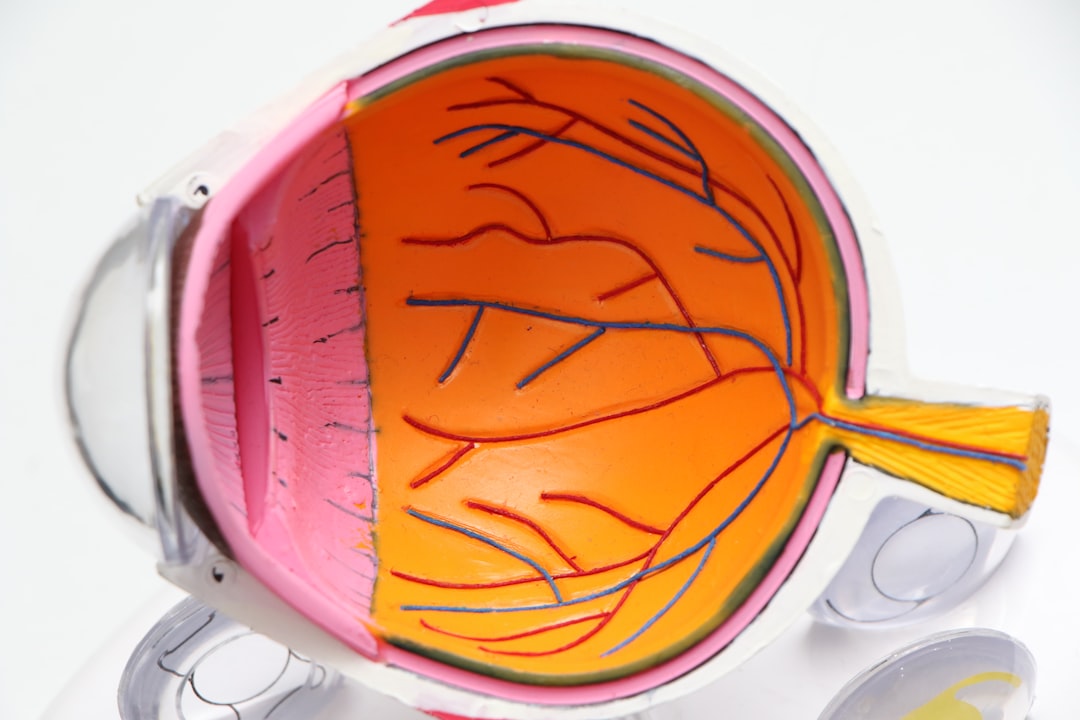What is it about?
In recent years, artificial intelligence and machine learning has become increasingly important in healthcare. There are specific challenges around diagnosis, treatment and management of epilepsy. This article explores the way in which technology can analyse videos of seizures, or otherwise non-contributory EEG, to provide more certainty around diagnosis. There are also attempts to use algorithms to predict which medication may be the most efficacious for an individual. Most excitingly, there is the possibility of developing an algorithm that could predict seizures, thus greatly improving safety and quality-of-life for people with the condition.
Featured Image

Photo by Growtika on Unsplash
Why is it important?
While many publications give an in-depth review of a particular technology, this article gives readers an overview of a number of techniques currently in use or under development.
Perspectives
I I'm hugely enthusiastic about the possibilities that artificial intelligence and machine learning techniques offer to people with epilepsy. I have used a number of the algorithms described in this article, so far as part of research projects. In the next few years, I hope and expect the diagnostic tools to become as commonplace as EEG. From a patient's perspective, the ability to have a warning that a seizure could happen in a specific timeframe, somewhat akin to a weather forecast, could be life changing. This kind of technology could also help to identify patterns of seizures, thus enabling more tailored treatment. Furthermore, while the use of AI to select the most appropriate antiseizure medication has yet to demonstrate greater efficacy than an experienced clinician, the algorithms are getting more sophisticated all the time. With additional information, potentially utilising genetic markers as well as traditional tests and clinical observations, it may be possible in the future to rationalise treatment decisions for people with hitherto drug-resistant epilepsy.
Phil Tittensor
The Royal Wolverhampton NHS Trust
Read the Original
This page is a summary of: Artificial intelligence: a smart advance in epilepsy diagnostics, management and treatment?, British Journal of Neuroscience Nursing, February 2024, Mark Allen Group,
DOI: 10.12968/bjnn.2024.20.sup1a.s17.
You can read the full text:
Contributors
The following have contributed to this page










